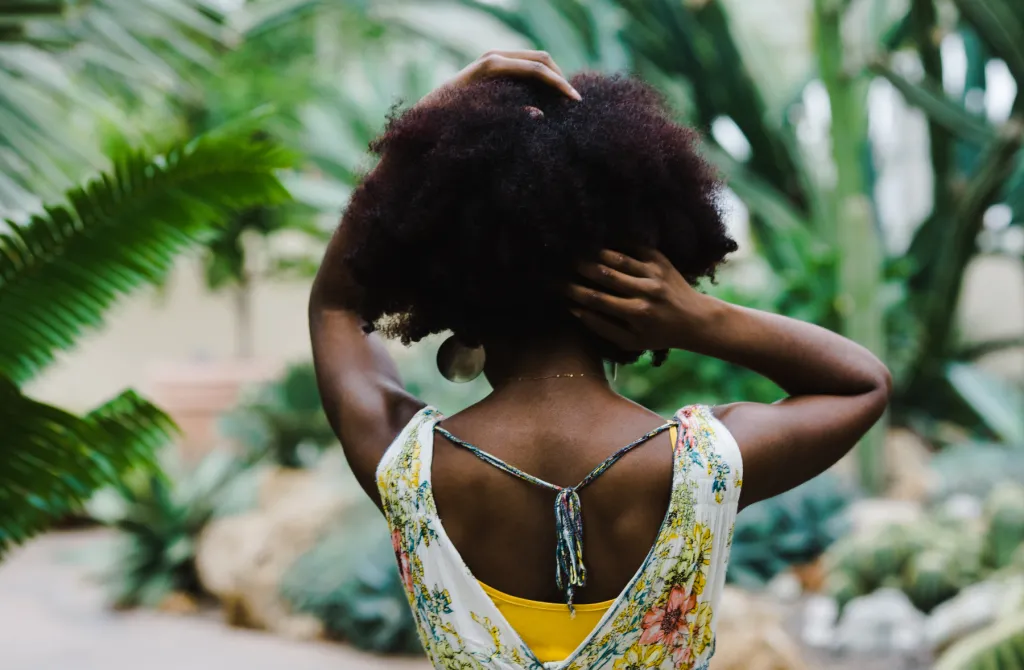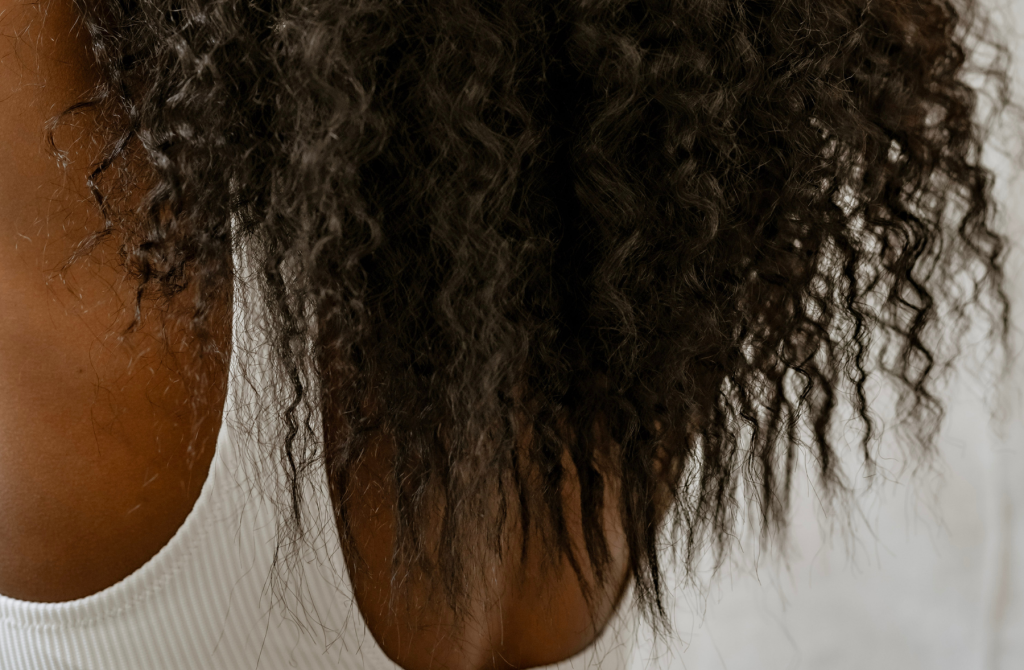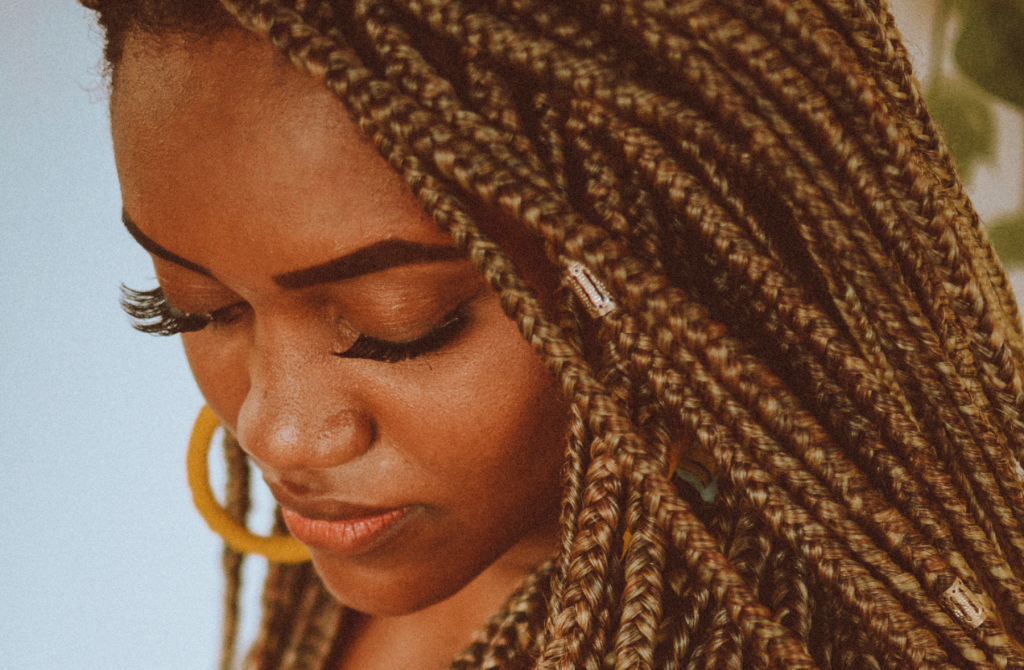Rice water has been used for centuries in parts of Asia as a hair care remedy, but more recently, it’s been causing a buzz in the natural hair community. From boosting growth to strengthening strands, it’s being hailed as a miracle rinse. But does it actually work - or is it just another trend?
In this blog, we break down what rice water is, how it can benefit natural hair, and how to use it safely (because yes, there is such a thing as too much rice water).
What is rice water and why is it trending?
Rice water is the starchy liquid left behind after soaking or boiling rice. It’s packed with amino acids, vitamins B and E, antioxidants, and a compound called inositol - all of which are believed to help strengthen hair, add shine, and support growth.
It gained popularity after stories of the Yao women in China went viral - they’re known for their long, healthy hair and credit their regular rice water rinses. Now, thanks to hair influencers and TikTok, it’s become a go-to DIY treatment in the natural hair community.
Does rice water help with scalp health?
Yes, it can - but moderation matters. Rice water may help soothe an itchy or flaky scalp, thanks to its antioxidants and amino acids. Some people even say it gently exfoliates, supporting circulation and a healthier scalp environment.
If you let the rice water ferment (by leaving it at room temperature for a day or two), it produces natural probiotics, which can help balance your scalp’s microbiome. Just be mindful: overusing rice water can lead to protein and starch buildup, especially if you have low porosity hair.
Pro tip: If your scalp feels dry after use, dilute the rice water with plain water or herbal teas like rosemary or green tea.
Low vs high porosity hair: does it matter?
Absolutely. Your hair porosity plays a big role in how rice water will affect your strands:
- Low porosity hair: Because the cuticle layer is tightly packed, rice water can sit on the hair shaft and cause buildup. Use it no more than once a week and always follow with a moisturising product.
- High porosity hair: Rice water can help fill in gaps in the hair cuticle and temporarily strengthen strands. You might benefit from using it more regularly or as a deep treatment.
Everyone’s hair reacts differently, so start small and adjust as needed.
Fermented rice water: worth the smell?
Fermenting rice water lowers its pH and may make nutrients more available to your scalp and strands - great in theory, but it can also smell... intense. If you want the benefits without the stench, try adding a few drops of lavender, rosemary, or peppermint oil.
Keep in mind: fermented rice water is stronger and can be too much for protein-sensitive hair. Start with a diluted mix and monitor how your hair responds.
How to use rice water on natural hair
- Use as a rinse after shampooing and before conditioning.
- Spritz onto your scalp or strands as a treatment (just don’t soak your hair daily).
- Leave it in for 15-30 minutes, then rinse out thoroughly.
Stick to using it once a week or less to avoid dryness or overload.
Final thoughts: is rice water for you?
Rice water is an easy, low-cost addition to your routine that might just give your curls that extra glow. But it’s not a one-size-fits-all solution. If your hair responds well to protein-rich treatments, it could be a great addition. If not, you may want to skip it or dilute heavily.
The key? Test it out, keep track of your results, and always prioritise balance in your routine.




